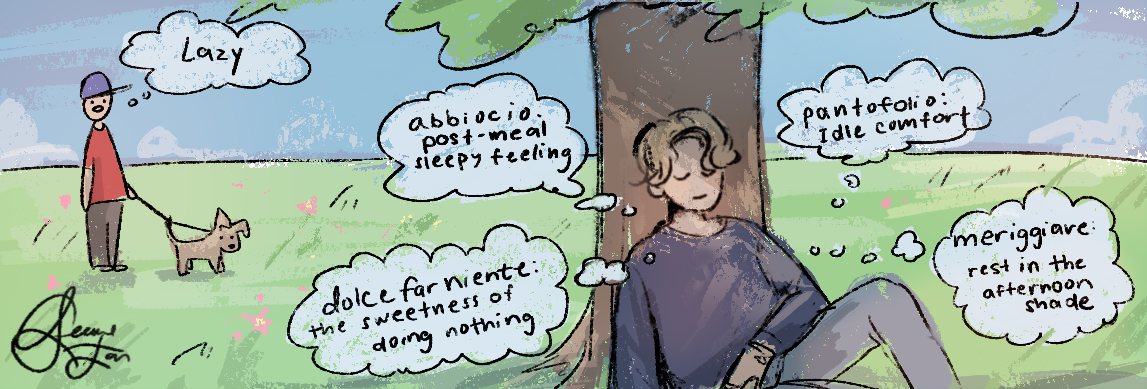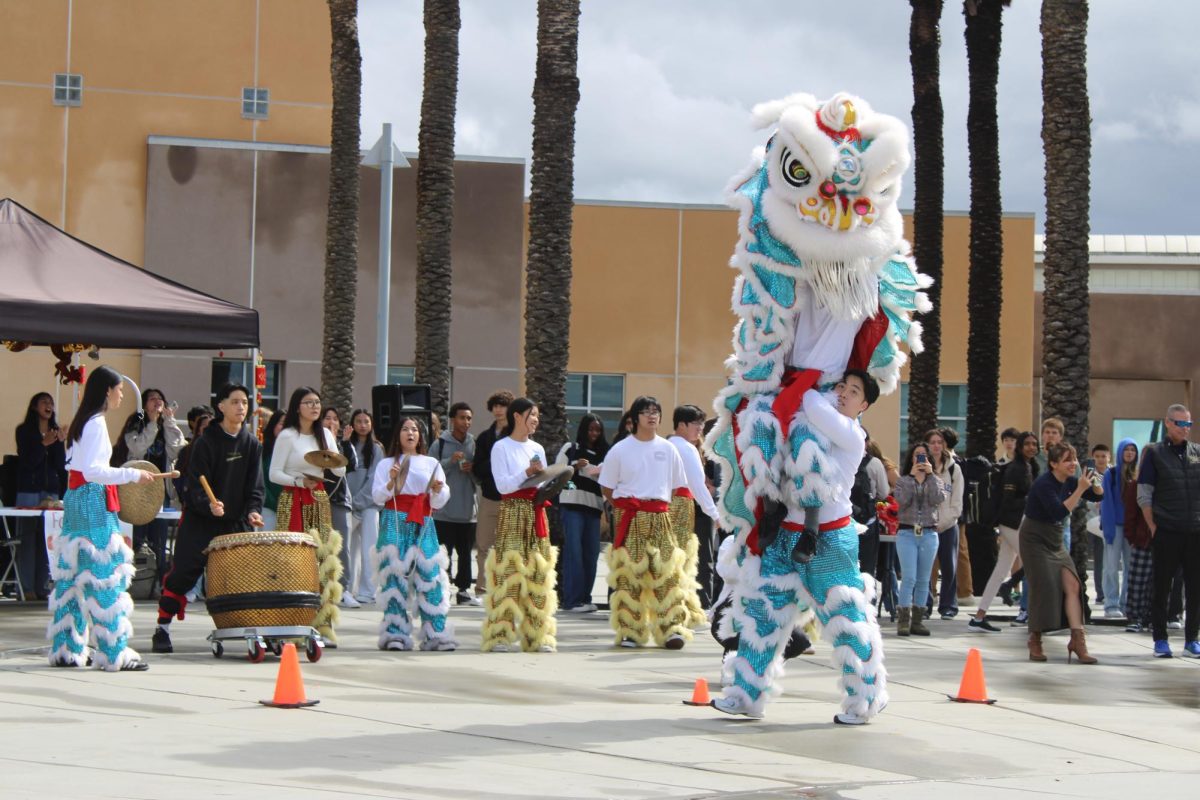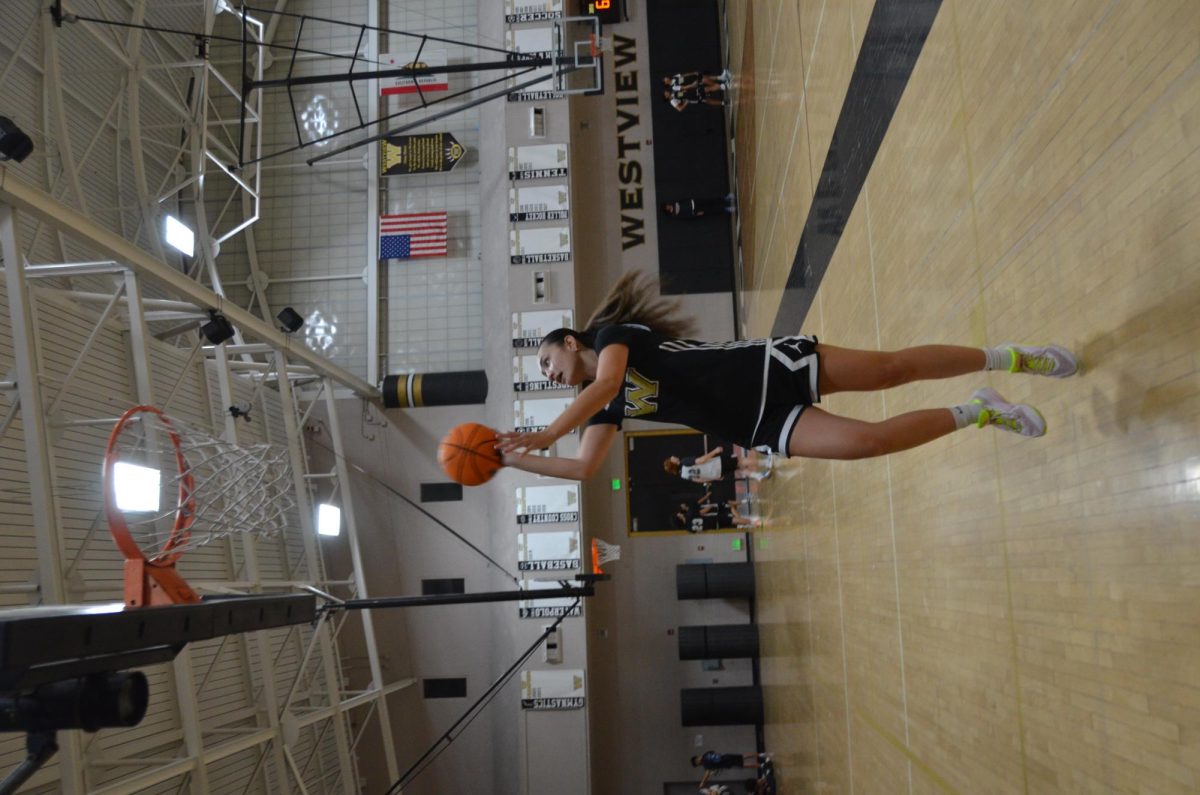Touring classroom to classroom, 20 Korean educators from Korean National University of Education visited Westview, Nov. 7, as a part of professional development at the Korean National University of Education (KNUE), Cheongju, South Korea. In addition to touring Westview, the visiting team also had groups visit Oak Valley Middle School and Park Village Elementary.
According to Remillard, this international partnership was facilitated by Eddie Park, PUSD’s director of global languages and innovative programs,, who has been able to strengthen the international educational community.
“That’s one of [Park’s] strengths or superpowers is bringing people together,” Remillard said. “Even within the San Diego community of different cultural groups, [Park] does a very nice job connecting our schools and districts to better educate [and] better build our understanding of different cultures.”
As a result of more international communication between educators, Remillard had the opportunity to visit the KNUE last summer.
“I got to see what the school and what the campus looks like itself and see some of the history of education in Korea,” Remillard said. “That was really a special thing for me to see and learn more about their system [and] their structure.”
To welcome the visitors, Remillard recruited students who could speak Korean as student ambassadors to answer questions the visitors had.
One such student was Ellie Kim (10), who said the opportunity to showcase what Westview had to offer and its differences from Korean schools intrigued her.
“It was really cool that I got invited to something like this,” Kim said. “I thought it’d be really interesting to help contribute to showing what Westview is, how our school system is, and just showing them differences overall. In Korea, it’s more academically-focused, but here we have a little bit of everything. For example, they were really surprised that we have over 100 clubs.”
Another student ambassador Judy Kang (12) said the differences made her grateful for the kind of school experience she’s had.
“We’re so used to this system of education that’s so different from other countries,” Kang said. “Other countries don’t have as many opportunities as us, so it makes me grateful that I go to a school like this.”
Kim said she saw this site visit as a way to give Korean educators more insight into what school environments can entail past academics.
“My parents went to school in Korea and so I’ve heard a lot of stories of how the education system works,” Kim said. “At a young age they have to choose between a STEM career path or a [humanities] career path, but deciding all that stuff and being so academically-focused can be really draining. [It was nice] showing the administrators [Westview] allows students to be academically focused and also have those outlets of clubs and sports teams.”
For Remillard, international visits play a key role in connecting students, educators, and institutions from all across the world.
“As a 16-17-year-old, no matter if you’re here in the United States or if you’re in a school within China or Korea, you’re still a 16-17-year-old going through similar experiences,” Remillard said. “Culturally, things might look different, but you’re still trying to navigate school, relationships with peers, and you have a lot going on in your life. Ultimately, you’re someone who is not quite an adult yet and you still have some kid in you. How are you preparing for what’s next in your life? That doesn’t matter what country you’re in or what cultural system you’re in. How do we [as educators] start to build more opportunities for that learning?”





![Alexander McAllister (10) [third from the left] practices with his rowing team at Mission Bay, Feb. 8. McAllister has learned to work in unison with others on the water.](https://wvnexus.org/wp-content/uploads/2024/02/alex-rowing-1-1200x837.jpg)
